CASA's annual Mardi Gras Gala is one of the county's top social events of the year. But the real reason more than 500 people come together on this festive evening is to change the lives of foster children. Find out how.
- story by Ellis Anderson
To purchase advance tickets for individuals or tables, you can call the CASA office (228.344.0419) and pay over the phone, then pick up your tickets at the event. Or swing by the CASA office at 412 Hwy 90, BSL.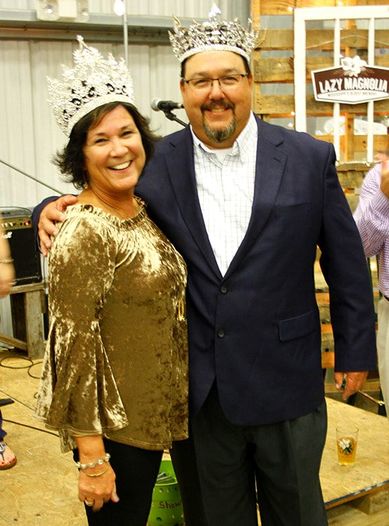 2018 CASA royalty: Queen Joy Richardson and King John ZImmerman 2018 CASA royalty: Queen Joy Richardson and King John ZImmerman
Tickets are $40 per person, with eight-top tables available for businesses, family and parties of friends for $600.
The New Orleans dance band, Got Groove, will be performing. They were recently named a Best Wedding band on "The Knot" website, so folks are sure to keep moving at the gala. Food is provided by Hancock County Tax Assessor, and famed community cook, Jimmie Ladner and crew. Smoked meats, pastas and desserts are Ladner’s specialties. Since it’s a “bring your own bottle” affair, mixers, cups and ice will be provided, while beer will be for sale. One highlight of the evening is the coronation of the 2018 King and Queen, always honorees who have served the community and CASA. This year’s King is John Zimmerman and the Queen is Joy Richardson. New this year – a special cup to honor the pair. The silent auction brings in a large share of the evening’s proceeds, with donated items ranging from vacations to certificates for local services to jewelry. According to current CASA board president, Natalie Guess, the most talked about auction item is a piece of land – a lot in Pass Christian’s Timber Ridge subdivision. “There’s also a cabin trip to Tennessee, a duck-hunting trip and a certificate for a Sandals resort vacation getaway,” says Guess. Guess says that all of the funds raised by the gala go toward recruiting and training CASA volunteers, who work with individual children in the foster care system. 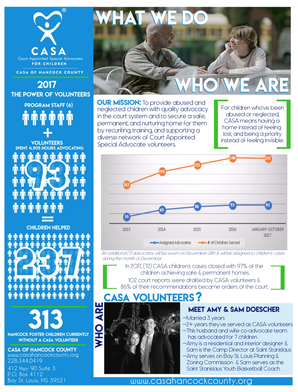 Click on the image to open a PDF info sheet. Click on the image to open a PDF info sheet.
While the number of volunteers has risen from 50 a few years ago to 90 currently, there are more than 375 children in the Hancock County foster care program. About half of those don’t have a CASA volunteer watching over their best interests.
Guess explains that each of the children is appointed a state social worker when they go into the system. But the state workers are enormously over-burdened and each must handle 20 to 30 cases. CASA is a national organization with a program that has been proven as a powerful tool to break the cycle of child abuse and neglect. CASA volunteers are able to give individual attention to the children’s needs, far beyond what the state can offer. CASA volunteers are assigned a case – sometimes a single child, sometime a case involving siblings. They spend about eight to ten hours a month on each case – meeting with the children, the foster parents, teachers, day care workers and biological parents – anyone who has contact with the children. They also ensure that the children are having their basic needs met. “Sometimes, our volunteers are the only constants these children have in their lives,” says Guess. “The other people in their lives just don’t follow through.” Volunteers write up reports, explaining what they believe will be ultimately best for the child. Since the CASA volunteers (in most cases) have spent more time examining the situation than anyone else, in the vast majority of cases, judges go with the recommendations of the advocates.
Guess and her board would like every child to have an advocate because the CASA system works to place children in safe and permanent homes. Most of those with advocates make it out of the foster care system for good.
But that means at least an additional 90 trained volunteers are needed. Potential volunteers first meet with CASA staffers for an in-house interview, to get an overview of the day-to-day workings of a volunteer. CASA then sets up a full national background check. Then volunteers spend three hours a night twice a week in training until the 33-hour program is completed. Graduates are sworn in by a judge. Trained advocates can even pair up with a co-advocate to gain confidence or if they simply don’t have enough time to handle a case alone. “We have a CASA board member who knows first-hand what a difference an advocate can make,” says Guess. “She had a CASA advocate growing up. Now she’s a successful woman with a family of her own.” While children in the CASA program won’t be at the gala, of course, the centerpieces on each of the tables have been made with their help. “They hand-painted wooden masks that we’re using as the centerpieces,” Guess says. “We’re having them framed and matted and will auction them off that night. We only have 48, but it’ll be wonderful for donors to have something that these kids have created.” Comments are closed.
|
Categories
All
Archives
July 2024
|
Shoofly Magazine Partners
Our Shoofly Partners are local businesses and organizations who share our mission to enrich community life in Bay St. Louis, Waveland, Diamondhead and Pass Christian. These are limited in number to maximize visibility. Email us now to become a Shoofly Partner!

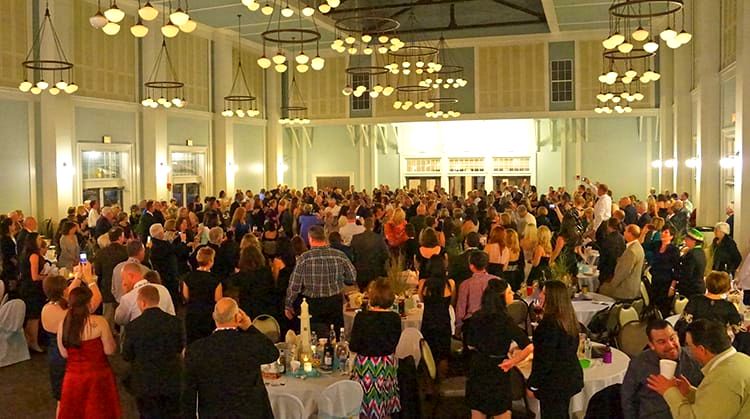


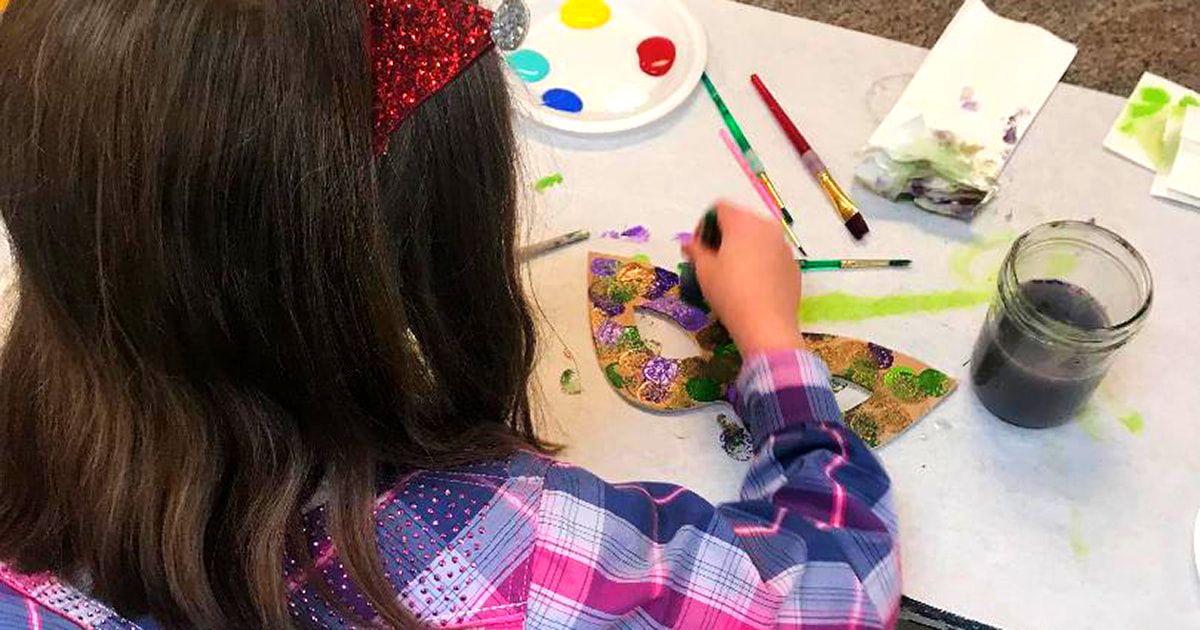
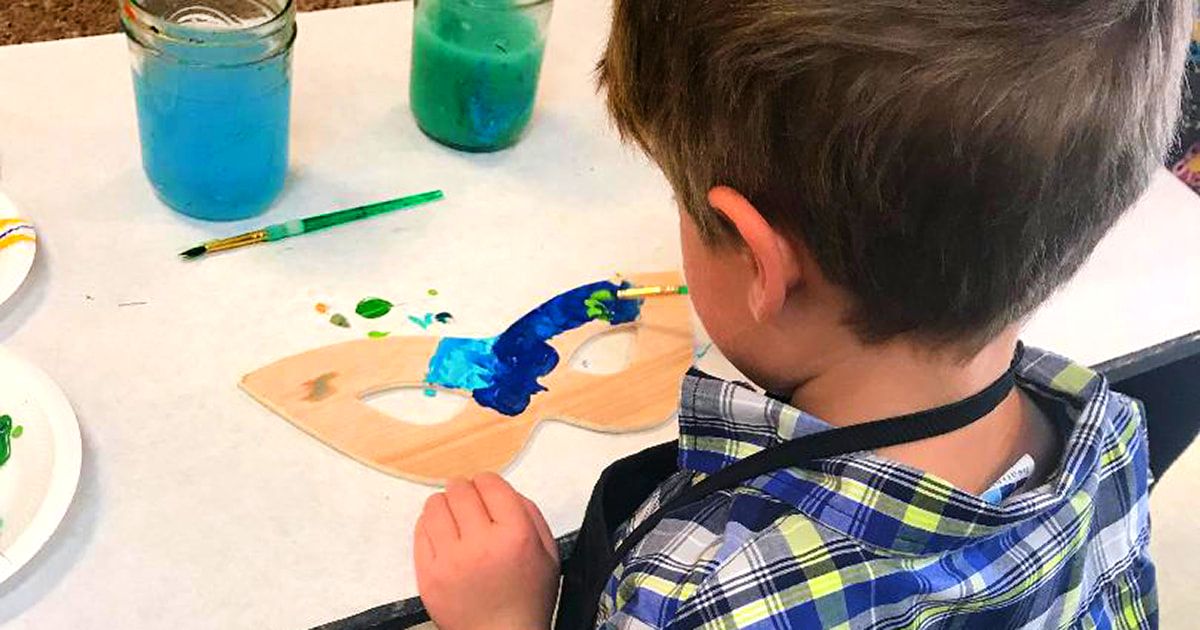

























 RSS Feed
RSS Feed























